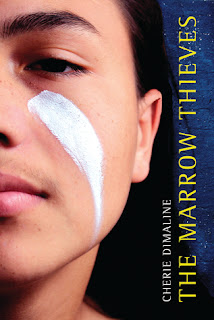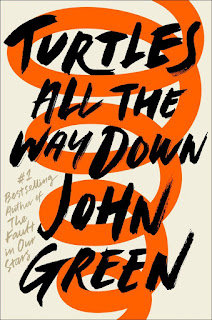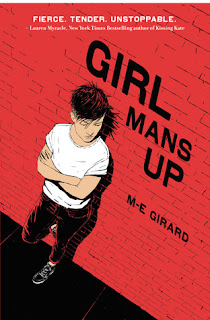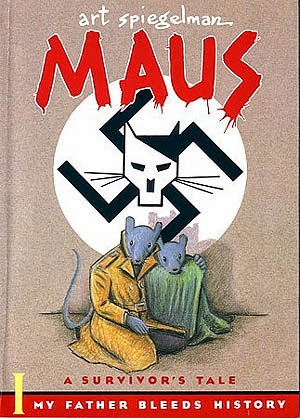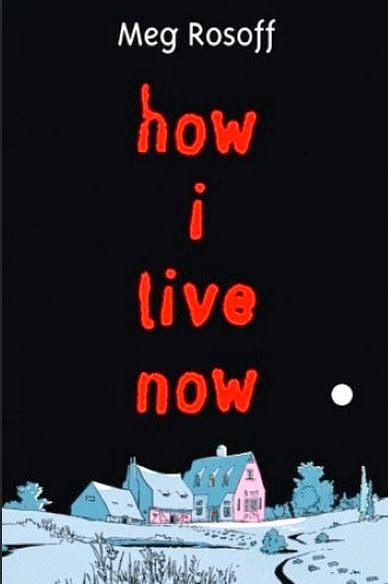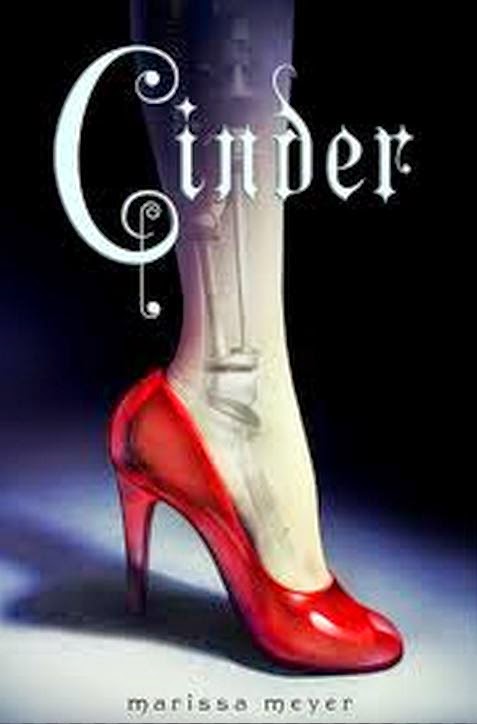what i'm reading: political graphic nonfiction: this place: 150 years retold

This Place: 150 Years Retold , foreward by Alicia Elliott. In keeping with my posts about political graphic nonfiction , here is a quote from This Place . The book is an anthology of 10 stories by 10 or 11 writers and illustrators. Each writer prefaces their story with context, including something about their personal connection to the material. Chelsea Vowel begins her preface to "kitaskinaw 2350" like this. Dystopian or apocalyptic writing occupies an enormous amount of space in contemporary storytelling and in our social consciousness. We are told that the end is nigh, and that the world (or at least the world as we know it) will be destroyed, and that this is a Bad Thing. We are encouraged to imagine what life could be like during and after this supposedly inevitable destruction, but are steered away from dreaming up alternatives. Indigenous peoples have been living in a post-apocalyptic world since Contact. This entire anthology deals with events post-apocalypse! * * * ...

